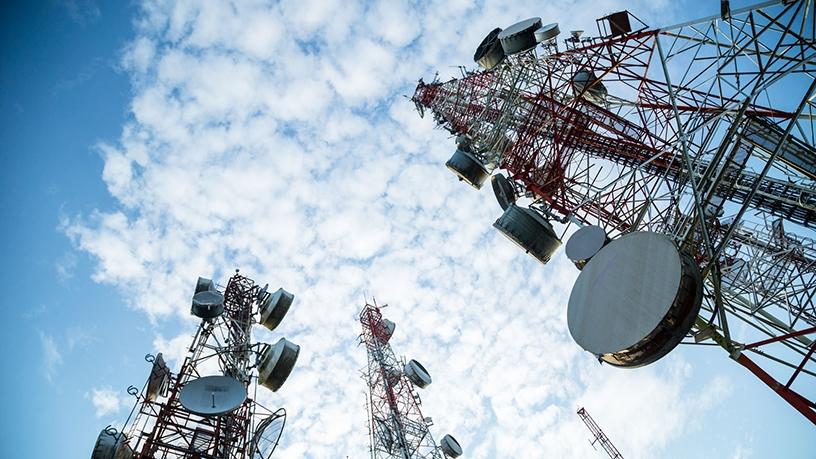
The Internet Service Providers' Association (ISPA) has criticised the Independent Communications Authority of SA's (ICASA's) recently announced call termination regulations calling them "anti-competitive".
"ICASA's review of the 2014 Call Termination Regulations has been greeted with silence by the incumbent mobile networks, which is telling as this is an anti-competitive rate regime that favours large operators," says Dominic Cull, ISPA regulatory advisor.
Call termination rates are the fees telephony service providers pay each other to terminate voice calls made by a subscriber of one service provider to a subscriber of another service provider. Last week ICASA announced it had completed the process to review the 2014 call termination regulations and published the final regulations in the government gazette on 28 September.
For operators with more than a 20% share of total minutes terminated in the wholesale voice market, the final regulations propose a glide path period, where the charge for terminating a call at a fixed location will be 9c from October 2018 to September 2019; 7c for the period October 2019 to September 2020; and 6c from October 2020 onwards.
Furthermore, for terminating a call at a mobile location, the charge will be 12c from October 2018 to September 2019; 10c for the period October 2019 to September 2020; and 9c from October 2020 onwards.
As for those operators with 20% or less share of total minutes terminated in the wholesale voice market, the termination rate of a call at a fixed location will be 10c from October 2018 to September 2019; 8c for the period October 2019 to September 2020; 6c from October 2020 onwards. Terminating a call at a mobile location will be 18c from October 2018 to September 2019; 16c for the period October 2019 to September 2020; and 13c from October 2020 onwards, ICASA said.
Advantage for smaller providers removed
ISPA says its core objection to the new rates is that they "will remove any advantage given to smaller fixed line service providers to compete with dominant incumbent Telkom while the differential between the fixed and mobile termination rates means that these smaller operators are effectively required to subsidise the mobile networks".
ISPA says that the incumbent operators were extremely vocal when it came to the previous termination rate cuts, predicting catastrophic consequences as a result of revenue declines. Now, however, their public silence on the latest set of termination rates "indicates that they are at ease with ICASA intervening in the telecoms market in a manner which benefits established players".
"Where in the world do we find a regulator that takes more than 36 months to complete a notionally pro-competitive intervention and come up with a regime which has obvious anti-competitive consequences?" asks Cull.
ISPA says that ICASA's decision to eliminate asymmetric rates which favour smaller operators directly contradicts its own position that its interventions to date in this market had failed to facilitate greater competition.
ISPA argued in its submission to ICASA that this failure, in fact, justified more aggressive asymmetry.
"We will examine with interest the reasons set out by the regulator for taking a different approach (although we note that no reasons document has been published). ICASA claims that this intervention will lower the cost to communicate, but we see its recent actions and inactions as having the opposite effect," adds Cull.
ISPA says there are also other examples of "the ineffectiveness of ICASA in promoting competition in the voice market" including:
* ICASA's decision to exempt calls originating outside of South Africa from regulated call termination rates, which has seen these rates increase to as high as R3.30 ex VAT per minute;
* ICASA's failure to intervene in the call origination market, which has meant the failure of carrier pre-selection and additional costs for consumers calling toll-free numbers such as Life Line or Child Line;
* and ICASA's failure to finalise a framework for porting non-geographic numbers such as 0800 and 0860 numbers, strengthening the dominance of Telkom.
However, in August Telkom threatened that if the draft call termination rates were not altered, it may change its business model, cease operations in rural areas, and be forced to cut jobs.
Share